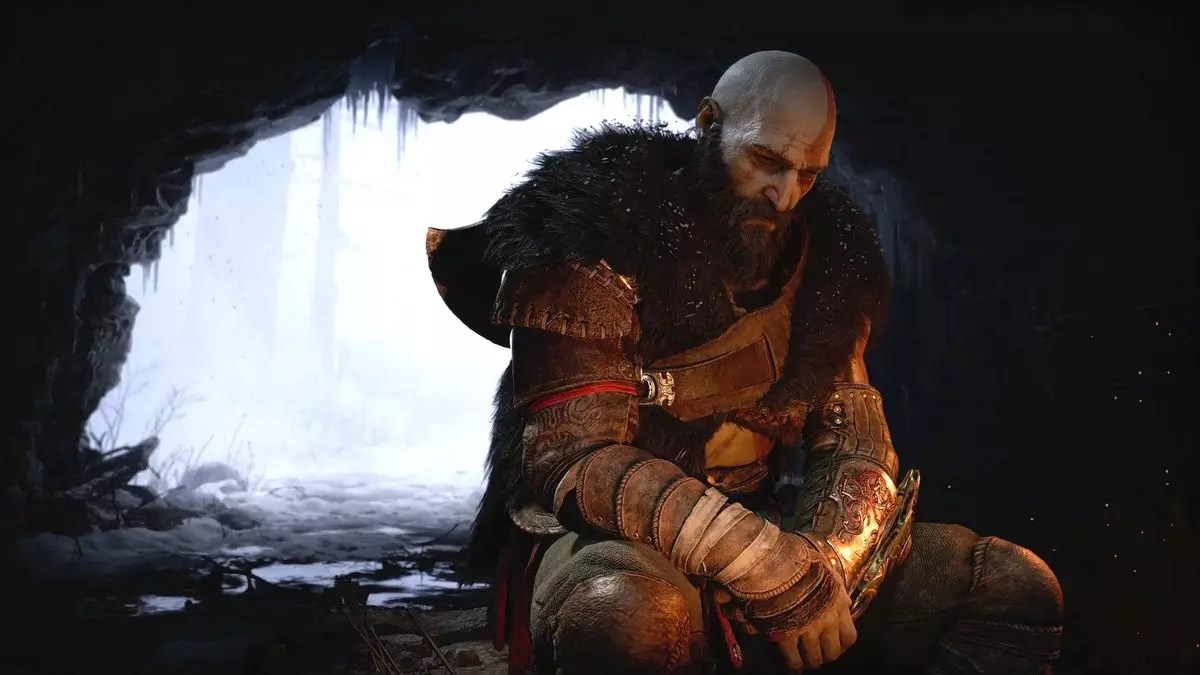The recent outage of the PlayStation Network (PSN) serves as a glaring reminder of the vulnerabilities inherent in our increasingly digitized gaming environment. For 17 long hours, gamers across various PlayStation consoles—including the PS3, PS4, PS5, and PS Vita—found themselves grappling with significant disruptions. Not only were online multiplayer experiences severely hindered, but even digital single-player games came to a grinding halt. This particularly alarming development underscores a major point of contention within the gaming community: the reliability of digital licenses in an ecosystem that continues to prioritize cloud connectivity over physical media.
The core of the issue lies in the dependency of modern consoles on online verification for game access, even for titles that do not require an internet connection to play. Players attempting to dive into immersive single-player experiences like “Metaphor: ReFantazio” or “Kingdom Come: Deliverance 2” were met with frustrating error messages that stated, “Can’t connect to the server to verify your license.” This raises pressing questions about the future of gaming: do we truly own the games we purchase, or are we merely leasing access to an ephemeral experience that can vanish at any moment?
Moreover, the situation is further complicated for gamers who own an all-digital PS5 model. Reports indicating an inability to connect external disc drives to the device only amplify the frustration. The perceived security of owning a physical game is stripped away in a moment, leaving a collection of games unusable—a harsh reminder that ownership in today’s gaming landscape is not as straightforward as it once was.
The ramifications of these outages extend beyond mere inconvenience; they are an existential threat to the gaming culture that many cherish. As one player succinctly put it, “This is why real physical media and disc drive access is vital.” In an industry that continues to transition toward digital sales, the reliance on cloud services raises skepticism about the long-term sustainability of gaming experiences. When players are left with bricked libraries due to server downtime, it challenges the notion of permanence in digital content.
The need for a robust discussion on the balance of physical and digital media has never been more critical. As Sony prepares for its State of Play showcase with anticipated releases such as the “Death Stranding 2” and the “Metal Gear Solid 3” remake, the gaming community is left to ponder: Will these high-profile titles be worth the risk of digital ownership? As consumers, our investment in the ecosystem must compel us to rethink our relationship with the products we buy and to advocate for more consumer-friendly models.
Ultimately, the recent PSN outage is not just an isolated incident; it highlights a systemic issue in today’s gaming industry that can no longer be ignored. As technology progresses, it is vital for players and developers alike to engage in conversations about the importance of digital accessibility, ownership rights, and the potential repercussions of an entirely cloud-based game infrastructure. The future of gaming should not hinge on the fragility of online services, but rather foster an environment where players can enjoy their favorite titles, regardless of server status. In a world where digital media reigns supreme, it is essential to ensure that our experiences are not ephemeral but can stand the test of time.


Leave a Reply